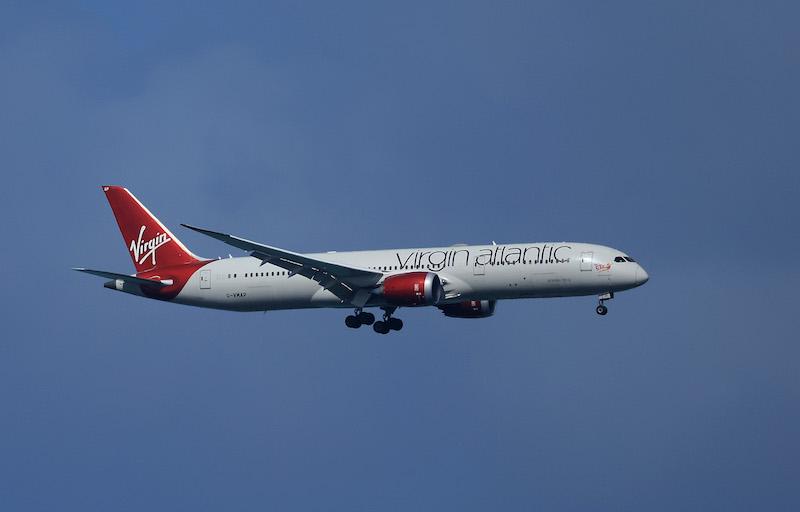Virgin Atlantic Operates First 100% SAF Transatlantic Flight

The flight was operated on Boeing 787 equipment.
Credit: David Cannon/Getty
Virgin Atlantic has operated the world’s first transatlantic flight powered by 100% sustainable aviation fuel (SAF) from London to New York, a move it says proves SAF is a safe drop-in replacement for fossil-derived jet fuel and the only viable solution for decarbonizing long-haul aviation. Virgin...
Subscription Required
This content requires a subscription to one of the Aviation Week Intelligence Network (AWIN) bundles.
Schedule a demo today to find out how you can access this content and similar content related to your area of the global aviation industry.
Already an AWIN subscriber? Login
Did you know? Aviation Week has won top honors multiple times in the Jesse H. Neal National Business Journalism Awards, the business-to-business media equivalent of the Pulitzer Prizes.





